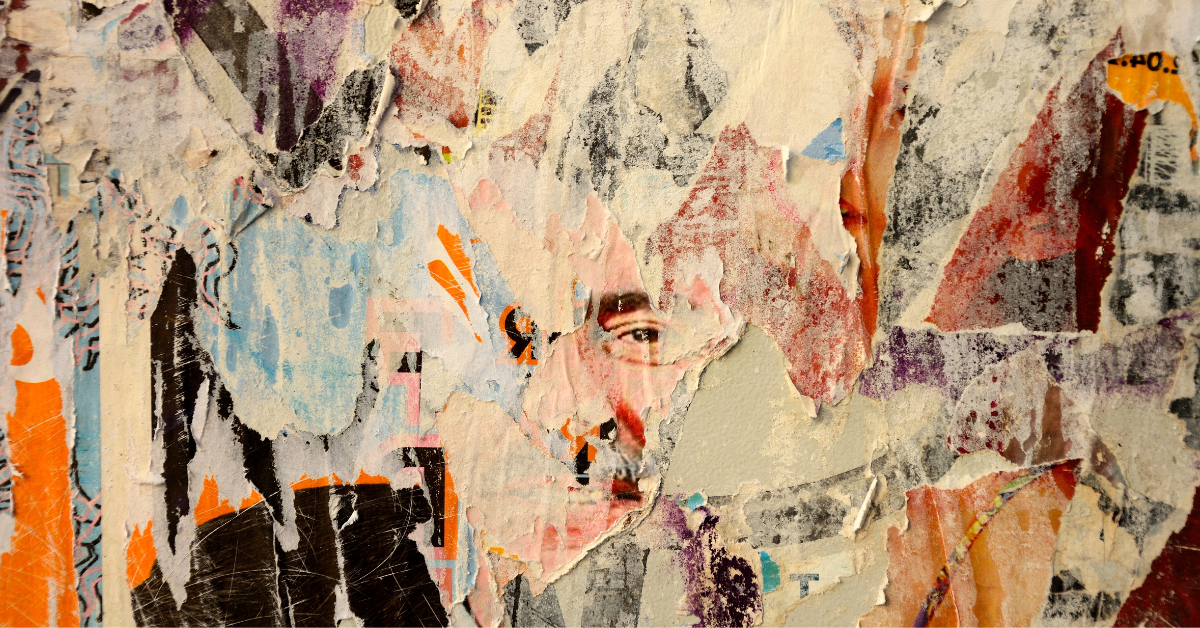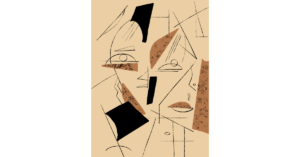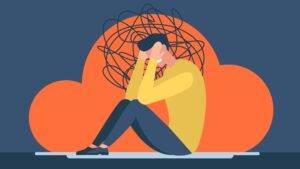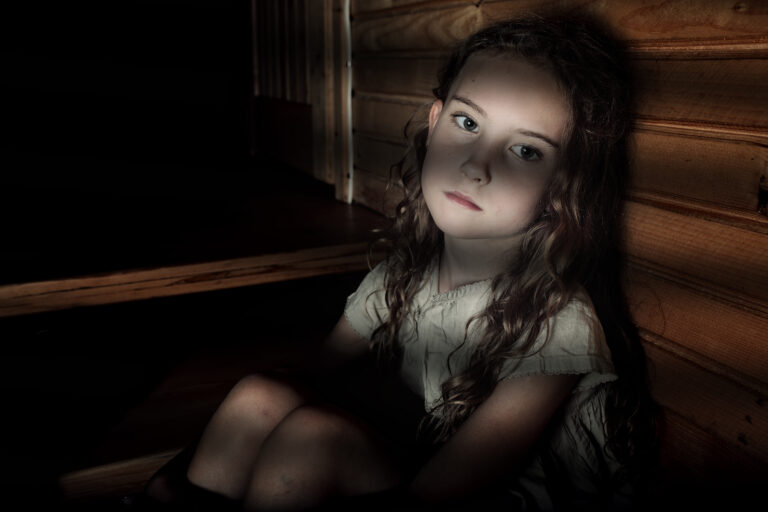Ever wonder why a simple look of disapproval from someone can feel like a personal failure?
You’re not alone. Many of us have been there—staying late at work just to make the boss happy, bending over backward to avoid conflict, or saying “yes” when our minds are screaming “no.” This fear of letting others down can sometimes feel overwhelming, and it’s what drives many people to become “people-pleasers.”
Related Reading: Why we become people pleasers
In this blog, we will explore why the fear of disapproval runs so deep. We’ll look at how our brains are wired for connection, why avoiding rejection was once a survival mechanism, and how today’s internal and external pressures keep us locked in people-pleasing patterns. Together, we’ll dive into the psychological reasons behind this behavior, touching on the science and the emotions that keep us hooked. By the end, you’ll not only understand why we fear disapproval, but you’ll also have practical steps to begin breaking free from this cycle.
Evolutionary Roots of the Fear of Disapproval
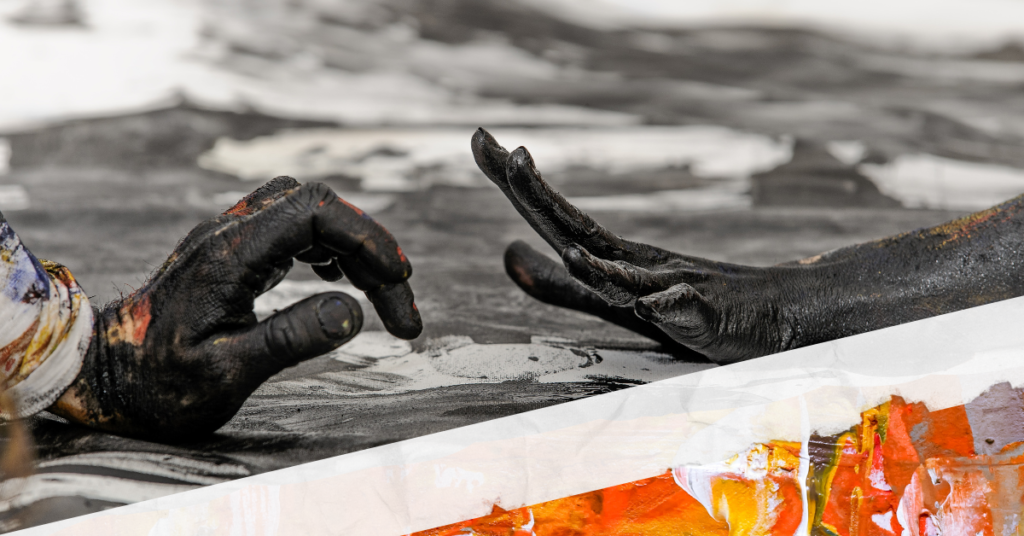
Survival and Social Bonds: Why Being Liked Mattered for Our Ancestors
Have you ever felt like disapproval from someone feels almost painful? There’s a reason for that, and it goes way back to our earliest ancestors. In ancient times, survival wasn’t something you did on your own. You needed your group for protection, food, and safety. If you were cast out or disapproved of, your very survival was at risk.
The group’s acceptance was crucial, so our brains evolved to prioritize social harmony. This meant that disapproval wasn’t just uncomfortable—it could feel like a genuine threat to our well-being. We stayed connected, fed, and safe when others were happy with us. Today, we don’t face the same life-and-death scenarios, but our brains are still wiredto see disapproval as a danger to our sense of belonging.
Fear of Rejection and Ostracism: Why Disapproval Feels Like a Personal Threat
Rejection isn’t just unpleasant; it hits hard because it taps into something deep inside us. In the past, being rejected from your group could mean losing access to food, shelter, and protection from predators. Our brains developed strong emotional responses to avoid this, triggering feelings of anxiety or fear whenever there was a hint that we might be excluded or disapproved of.
Even now, when rejection isn’t about survival, it can feel just as serious. A cold look from a boss or a friend ignoring a text—these moments of disapproval can set off alarm bells in our heads, making us feel like something is seriously wrong. This is why people-pleasing kicks in: it’s our brain’s attempt to keep us safe by ensuring we stay accepted and liked by others.
Neurological Basis of Disapproval Anxiety

The Brain’s Reaction to Disapproval: Why It Feels Like a Threat
When someone frowns at us or seems disappointed, why does it feel like more than just a small annoyance? That uncomfortable, anxious feeling has everything to do with how our brains are wired. Disapproval triggers our brain’s threat system, the same one that kicks in when we face physical danger. It’s called the fight-or-flight response, and it’s designed to help us survive by preparing our body to either confront a threat or run from it.
When we sense disapproval, our amygdala—the part of the brain responsible for detecting threats—lights up, sending signals that something is wrong. This triggers the release of cortisol, a stress hormone that puts our body on high alert. You might notice your heart rate speeding up, tension in your chest, or a flood of anxious thoughts—all of these are the brain’s way of protecting you from perceived danger. But the catch is that while this system was helpful in life-or-death situations, it can go into overdrive in modern social settings. A critical look from a friend can cause your brain to react like you’re in serious danger, even when you’re perfectly safe.
Reward Systems and Social Approval: Why Pleasing People Feels Good
On the flip side, when someone smiles at you or gives you a compliment, have you ever noticed that rush of satisfaction? That’s because your brain is wired to reward social approval. When you receive positive feedback or feel accepted, your brain releases dopamine, a chemical that makes you feel good. This is part of the brain’s reward system, which encourages behaviors that lead to positive outcomes.
Over time, this can reinforce people-pleasing behaviors. The more you seek approval and get that feel-good dopamine hit, the more likely you are to repeat those behaviors. It becomes a cycle: seeking approval feels rewarding, and disapproval feels threatening. This is why it’s so easy to fall into patterns of trying to keep everyone happy, even at your own expense.
Related Reading: Why we allow people to take advantage of us
Psychological Roots of Disapproval Fear
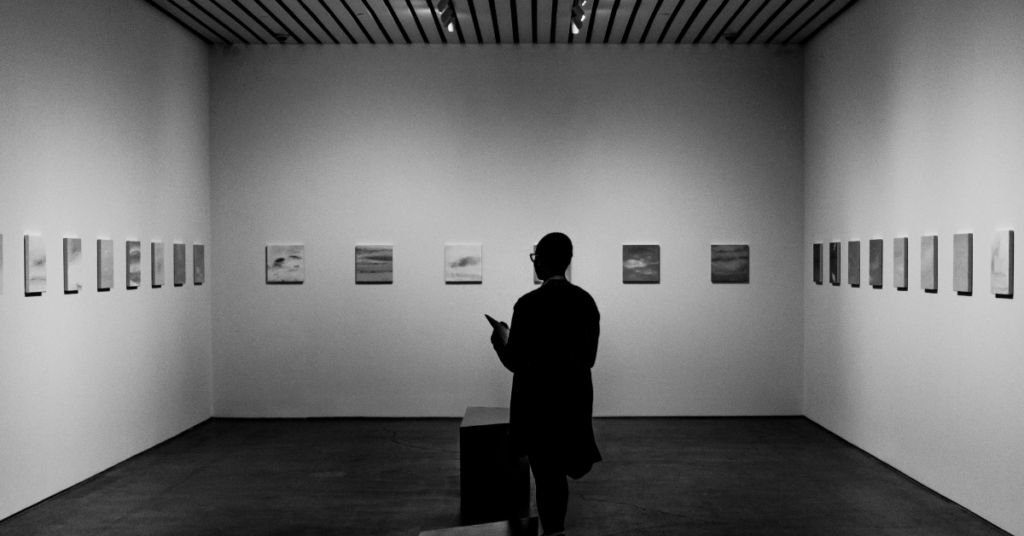
Attachment and Validation in Childhood: Where It All Begins
Have you ever noticed how some people are more sensitive to disapproval than others? Much of this can be traced back to our early experiences with caregivers. As children, we depend on our parents or guardians for love, support, and safety. But how that love and validation are given—or withheld—can shape how we seek approval as adults.
If you grew up in an environment where love and approval were freely given (this is known as a secure attachment), you’re likely to feel more confident in your relationships today. You know it’s okay to make mistakes or disappoint someone because your worth isn’t tied to their approval.
However, if your caregivers were unpredictable or inconsistent in showing affection, you may have developed an anxious attachment style. This means you’re more likely to fear disapproval because it feels like a threat to your sense of security. In these situations, even small signs of disappointment can trigger deep anxiety, pushing you to do whatever it takes to win back approval.
On the other end of the spectrum, some people develop an avoidant attachment style, where they learn to downplay or suppress their need for approval altogether. These individuals may still feel the sting of disapproval but will try to act as though they don’t care, distancing themselves emotionally to avoid the pain of rejection.
Related Reading: Why rejection hurts like hell
Conditioning and Learned Behavior: Approval as a “Currency”
For many of us, the fear of disapproval is deeply rooted in how we were taught to view success and worth during childhood. If you grew up in an environment where approval was conditional, meaning you only received praise when you achieved something or acted a certain way, you may have internalized the belief that you have to earn love and acceptance.
For example, if you were only praised when you brought home good grades, won a game, or behaved perfectly, it’seasy to see how this pattern forms. As a child, you may have learned that approval equals love and disapproval equals failure or rejection. These early experiences can lead to a lifelong habit of people-pleasing, as you seek validation in every aspect of life—whether it’s from a boss, a partner, or even friends.
Over time, this conditioning can create a deep-seated fear of letting others down. The thought of disappointing someone feels less like a small hiccup and more like a sign that you’ve failed in some fundamental way. But the truth is, this fear is often based on old patterns that no longer serve you in adulthood.
Related Reading: In depth overview of how childhood shapes your life
Cultural and Societal Pressures

Social Norms and the Expectation to Conform: Why We Fear Standing Out
From an early age, we’re taught to play by certain rules in society. Whether it’s the pressure to “be nice,” “fit in,” or”don’t rock the boat,” these messages have a powerful impact on how we see disapproval. In many cultures, especially in social and professional settings, standing out or going against the grain can feel risky. This expectation to conform often means that disapproval isn’t just uncomfortable—it feels like failure.
Think about the pressure to always say the right thing, dress the right way, or even hold back your true opinions to avoid upsetting someone. These societal norms can lead us to internalize the idea that pleasing others is the key to acceptance and that disapproval signals a flaw in us. The fear of being labeled difficult, rude, or uncooperative pushes us toward people-pleasing behaviors as we seek to maintain harmony and avoid conflict at all costs.
The Impact of Social Media: When Disapproval Goes Public
In today’s world, social media has intensified this pressure. We’re no longer just dealing with the approval of people in our immediate circles—now, the opinions of strangers are instantly visible. Every time we post a photo, share an opinion, or comment on a topic, we open ourselves up to judgment. And unlike the fleeting disapproval we might encounter in face-to-face interactions, online feedback is public and permanent.
The instant feedback of “likes,” comments, and shares creates a kind of approval-seeking loop where our brains start toassociate online validation with social success. On the flip side, the absence of that validation—or worse, receiving negative comments—can feel like public rejection. This is why comparison, criticism, and judgment on social media can ramp up anxiety around disapproval. It’s no longer just about fitting in with our immediate social group; now, we’renavigating the expectations of a global audience.
In this environment, it’s easy to fall into the trap of seeking constant approval. When we tie our sense of self-worth to how others react online, disapproval can feel devastating—even if it’s from people we don’t know.
Why Disapproval Feels Personal
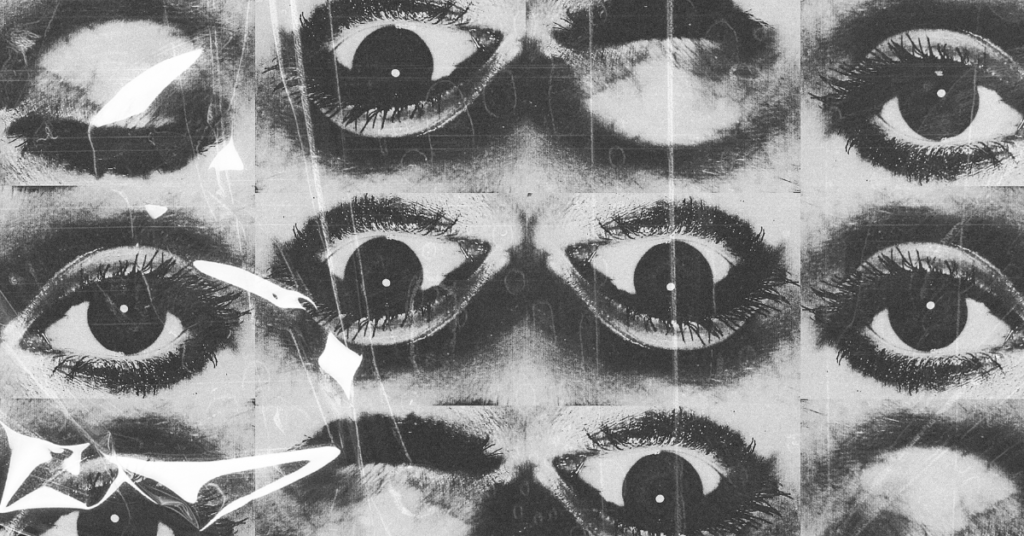
Disapproval and Self-Worth: When Approval Feels Like Validation
Have you ever noticed how disapproval can feel like more than just someone disagreeing with you? It can feel like a hit to your self-esteem, as though your worth as a person is being questioned. This happens because, for many of us, our sense of self-worth is tied to the approval of others. When someone approves of us, we feel validated and secure. But when disapproval shows up, it can feel like a reflection of who we are at our core.
It’s not uncommon to seek validation from others to feel good about ourselves, especially if we’ve been conditioned to believe that our value depends on external opinions. When approval becomes the measure of our worth, disapproval feels personal—like it’s not just our actions being judged, but us. This emotional weight makes it hard to separate our behavior from our identity, leading us to internalize disapproval as a sign that we aren’t good enough.
Shame and Embarrassment: How Disapproval Magnifies Vulnerability
Along with the sting of disapproval often comes a flood of shame. Shame is that deep, painful emotion that makes us feel exposed or inadequate. When someone disapproves of us, especially in a public or visible way, it can trigger feelings of embarrassment. We start worrying not just about the disapproval itself but about how others might perceive us, and that magnifies the emotional impact.
For many, this shame response can lead to avoiding anything that feels risky. You might shy away from offering your opinions, trying new things, or standing up for yourself, all because you fear that another dose of disapproval will bring back that overwhelming feeling of embarrassment. This is why people-pleasers often stay in the background, trying to avoid conflict or attention. The emotional toll of shame can feel too heavy, making it easier to just keep everyone happy rather than risk the discomfort of disapproval.
Conclusion
Our fear of disapproval runs deep. From our evolutionary roots, where being part of the group meant survival, to the neurological wiring in our brains that makes disapproval feel like a threat, it’s no wonder we instinctively react so strongly. Add in the psychological conditioning from childhood—when approval often felt tied to love—and the societal pressures of modern life, where fitting in seems like the only option. The fear of disapproval becomes an almost automatic response.
But here’s the good news: understanding why this fear exists is the first step toward challenging it.
Shifting from External to Self-Approval
Now that we know where the fear of disapproval comes from, we can begin to question it. Instead of relying on external validation to feel worthy, we can start working on valuing our own self-approval. Breaking free from these patterns is not easy, but it’s entirely possible. By recognizing that disapproval doesn’t define your worth—and understanding the forces that shaped this fear—you can begin to rewrite the script.
So the next time you feel the sting of disapproval, remember: you don’t need anyone else’s approval to be enough. Your value comes from within, and that’s something no one can take away.

